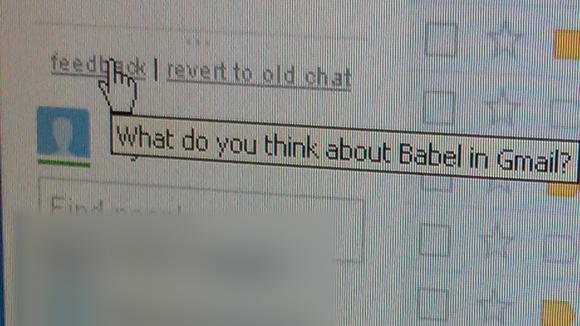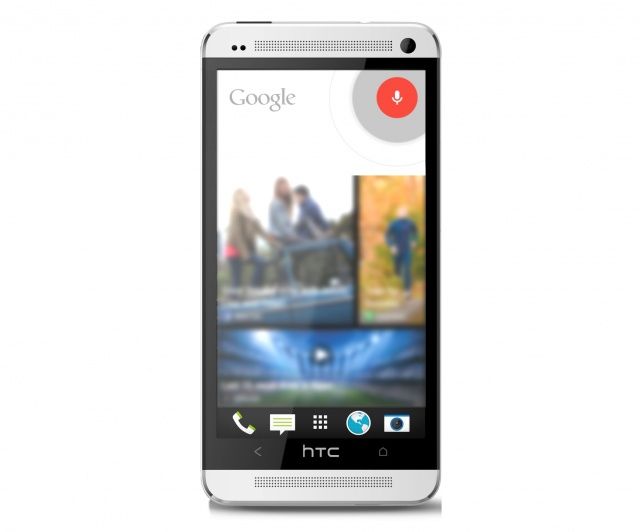
Messaging standards are great! Maybe that’s why we have so many of them.
Don’t look now, but people communicate via the Internet. Whichever company can get the majority of users on their system wins. To quote Newman, the Seinfeld mailman: “When you control the mail, you control… information!”
The reason is that communication is where most of the online eyeballs are. And the network effect factor is overwhelming. (Network effect is: more users make a network more valuable to users, and users want to use networks that are more valuable.)
The carriers want everybody texting. It costs next to nothing to deliver text messages, but carriers can charge a lot and, for some reason, people pay. It’s free money, as far as the carriers are concerned.
Thousands of app makers want you to give up SMS and embrace some app-based communications system. Some work like texting. Others like an intercom system. Many of them are really great, but they’ve got an uphill battle getting everyone to embrace them.
Apple wants to get all OS X and iOS users messaging via iMessage.
Facebook wants to leverage Google’s Android to get everyone embracing Facebook Home.
And Google’s hatching a killer service based on Google+ called Babel. Allegedly.







